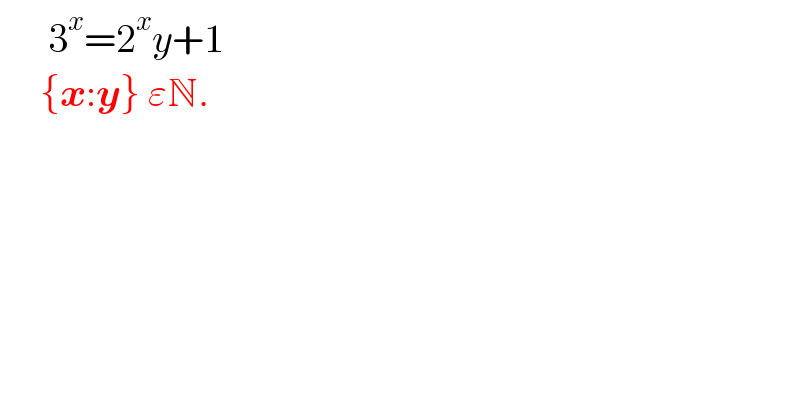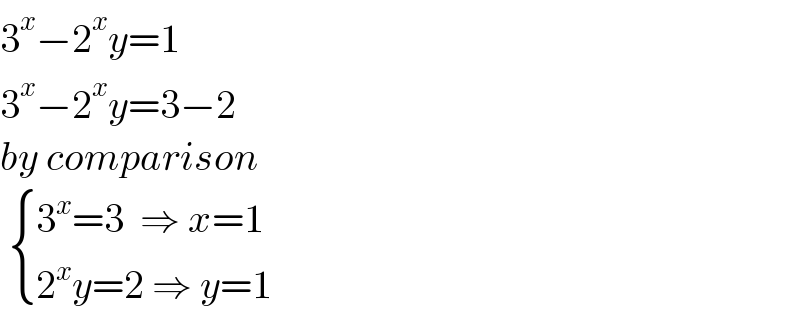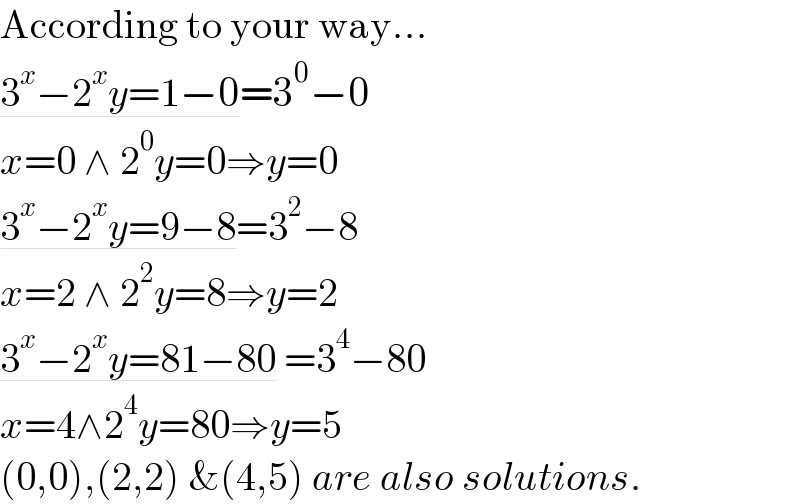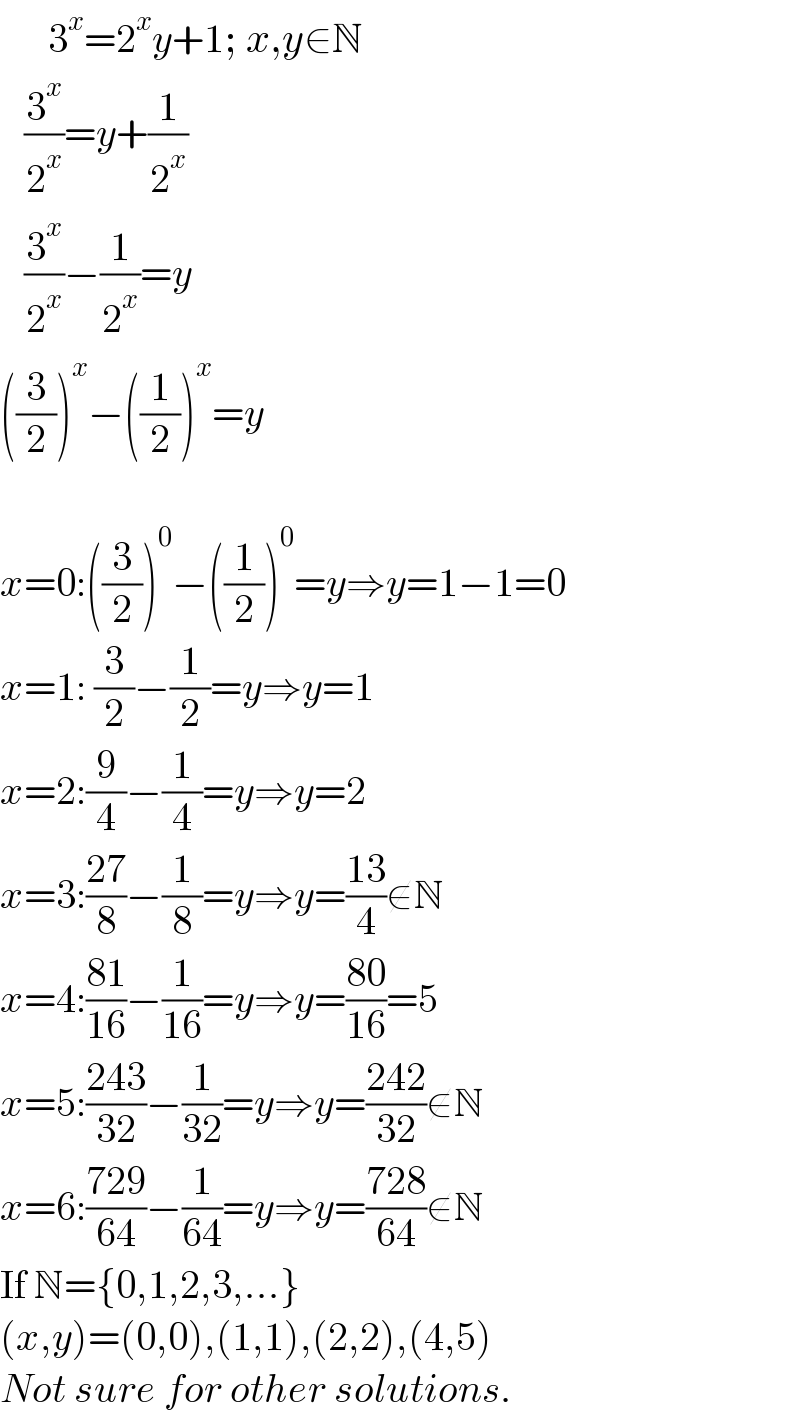
Question and Answers Forum
Question Number 157637 by quvonch3737 last updated on 25/Oct/21

Answered by MathsFan last updated on 25/Oct/21

Commented by Rasheed.Sindhi last updated on 26/Oct/21

Commented by MathsFan last updated on 26/Oct/21

Commented by Rasheed.Sindhi last updated on 26/Oct/21

Answered by Rasheed.Sindhi last updated on 26/Oct/21

